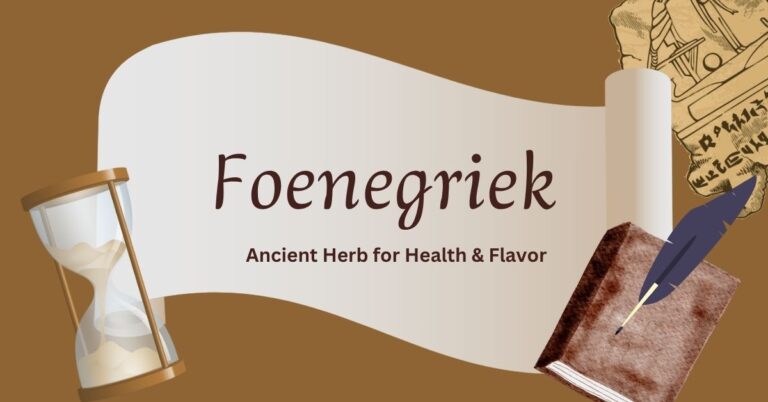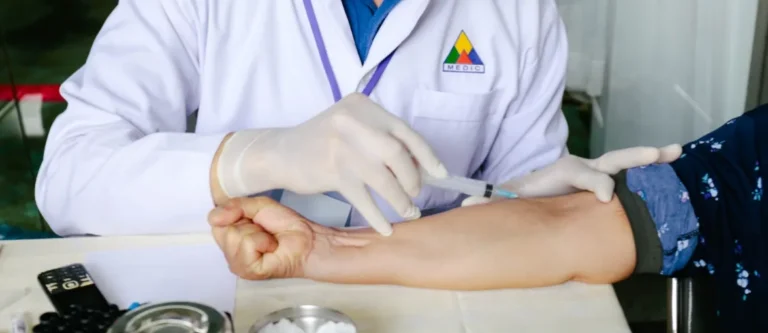How Preventive Dental Care Can Transform Family Health

Preventive dental care is a cornerstone of healthy living, yet family routines often overlook it. Emphasizing regular cleanings, fluoride treatments, and consistent at-home care offers far-reaching benefits beyond fresh breath and a bright smile. Access to an affordable and convenient dental plan can make all the difference, removing barriers for individuals and families from every background.
Oral health connects directly to overall wellness. Research from the Centers for Disease Control and Prevention shows that if left untreated, oral diseases impact critical functions such as eating, speaking, and even academic performance in children. Gum disease alone has been linked to increased risk of diabetes, heart disease, and pregnancy complications. By treating preventive dental care as a routine—much like regular exercise or balanced nutrition—families can lay the foundation for both immediate comfort and long-term health outcomes. The positive ripple effects are felt across all age groups, from toddlers to seniors.
Benefits to Families and Children
The advantages of starting preventive dental care early are profound for families, especially when children begin seeing a dentist before their first birthday or soon after their first tooth emerges. These early visits are not just about exams—they are opportunities for dental professionals to educate children and parents on effective cleaning, cavity prevention, and healthy feeding habits. According to the American Dental Association, children who receive preventive treatments, such as cleanings and sealants, show up to 80% fewer cavities by the age of 17, meaning fewer school absences and improved quality of life. For those evaluating coverage that includes preventive services, https://www1.deltadentalins.com/individuals-and-families/plans/deltacare-usa.html offers plan information that may assist in making informed decisions.
Establishing these habits as a family creates a positive cycle. When children regularly see their parents brush, floss, and visit the dentist, they absorb these practices and are more motivated to maintain them into adulthood. The confidence that comes from a healthy, pain-free mouth enhances physical well-being, self-esteem, and social interaction. Preventive dental care removes learning and plaque barriers and supports proper speech development. These outcomes illustrate how small investments in familial oral health echo throughout a child’s future.
How Prevention Saves Money
Preventive dental care is a wise financial choice that pays off in the short and long term. Affordable and straightforward actions, such as regular cleanings and checkups, can help families avoid dental emergencies, one of the most expensive and stressful experiences for parents and children alike. For instance, skipping a cleaning might save a couple of dollars today, but it can quickly lead to undetected cavities or gum disease that requires hundreds or even thousands of dollars to treat later. Research consistently demonstrates that for every dollar invested in preventive care, up to $50 can be saved in future restorative or emergency procedures.
- Consistent preventive care lowers the risk of complex, costly procedures
- Addressing issues early means less pain, less time lost, and smaller bills
- Family dental plans and group coverage can significantly reduce per-person expenses
Planning for regular visits takes effort, but ultimately helps families prioritize other costs and avoid the financial surprise of dental emergencies. When prevention is built into the family’s health habits, it becomes a reliable form of economic self-care.
Establishing Effective Oral Hygiene Habits
Effective daily routines are the backbone of preventive dental care. While most know the basics, the consistency truly keeps problems at bay. Dentists recommend brushing for two minutes, twice a day, with fluoride toothpaste to reinforce enamel and fight decay. Flossing once per day reaches the spaces that brushes can’t access, removing plaque before it hardens into tartar. Avoiding sugary snacks and drinks is especially crucial for children, whose developing teeth are more susceptible to cavities.
- Brush at least twice daily with fluoride toothpaste
- Replace toothbrushes every three months or after being sick
- Make oral hygiene fun for kids using songs, games, or colorful timers
- Model healthy dental habits as a family routine
Turning brushing and flossing into a family activity can increase adherence and make oral hygiene less chore. Involving children in picking out their toothbrush and toothpaste or tracking their good habits on a reward chart adds extra motivation. These small, daily wins matter, often reducing the need for bigger interventions later in life.
Role of Nutrition in Dental Health
Nutrition and dental health are closely connected, with each meal and snack impacting the mouth’s health. Dairy products, nuts, and green vegetables provide the calcium and phosphorus teeth need, while vitamin D, found in eggs or fortified drinks, boosts absorption. Fruits and vegetables, especially crunchy ones, help clean teeth as they’re eaten and stimulate saliva, nature’s original mouthwash.
Staying well-hydrated is also critical. Water dilutes acids and flushes out lingering food particles that can cause decay. Reducing the frequency of sugary snacks is just as important as the overall amount; constant snacking keeps sugar in contact with enamel, creating a perfect environment for cavity-causing bacteria. As families rethink the snack aisle, opting for whole foods instead of processed ones goes a long way in supporting both oral and overall health.
Education and Early Intervention
Education empowers families to recognize potential issues and respond early. More schools are integrating dental health education and facilitating preventive programs to protect at-risk children. For example, school-based dental sealant programs have been shown to cut cavities nearly in half among children who might otherwise go without care. Early education that covers proper brushing, signs of cavities, and the importance of professional care reinforces messages received at home.
Timely intervention often prevents bigger problems. Children and parents who know what to look for—such as bleeding gums or sensitivity—will typically seek help sooner, when treatment is easier and less expensive. Programs that include classroom teaching and mobile dental clinics help ensure that even those in underserved areas get the needed assistance. A combination of prevention, education, and access creates a lasting impact on community oral health outcomes.
Making Preventive Care Accessible
Preventive care should be available to everyone, regardless of income or location. Fortunately, many public health initiatives and community dental clinics offer sliding-scale pricing, while many private insurance plans now make prevention an affordable, everyday reality for families. These resources help families overcome traditional barriers such as cost, transportation, and lack of information.
Urban, rural, and suburban areas are all benefiting from innovative outreach—think mobile dental vans, school sealant programs, and partnerships between clinics and local organizations. The more preventive care is woven into everyday community infrastructure, the fewer dental emergencies and serious oral health problems communities experience. Comprehensive access to preventive dentistry is a proven way to elevate everyone’s long-term health.
Future Trends in Preventive Dental Care
The world of preventive dental care is evolving rapidly, bringing new options for families who want to take a proactive approach. Technology plays a significant role: smart toothbrushes now send real-time feedback to mobile apps, helping people track their brushing habits and spot problems early. Teledentistry has gained momentum, making it possible for individuals in remote areas to consult with dental professionals and get advice before ever sitting in a dental chair.
As more families realize the broader health connections linked to strong dental hygiene, further innovations will likely emerge. There’s growing awareness that a healthy mouth supports the immune system, boosts confidence, and even encourages kids to excel in school.






